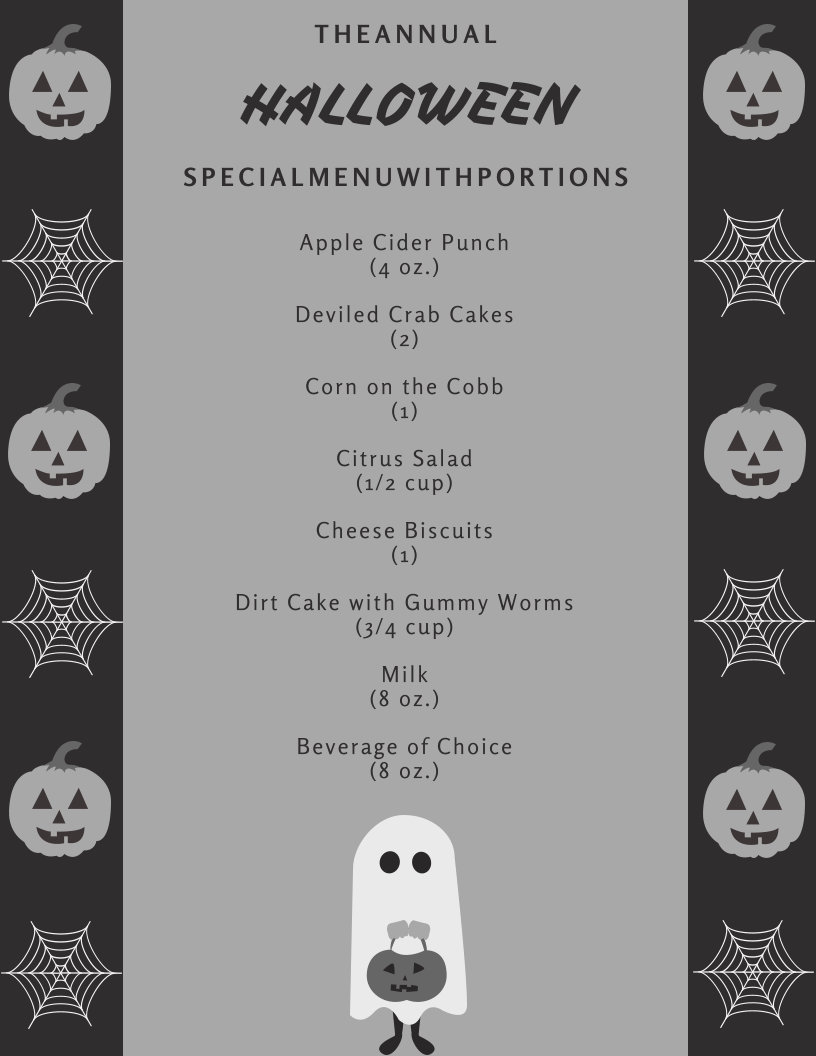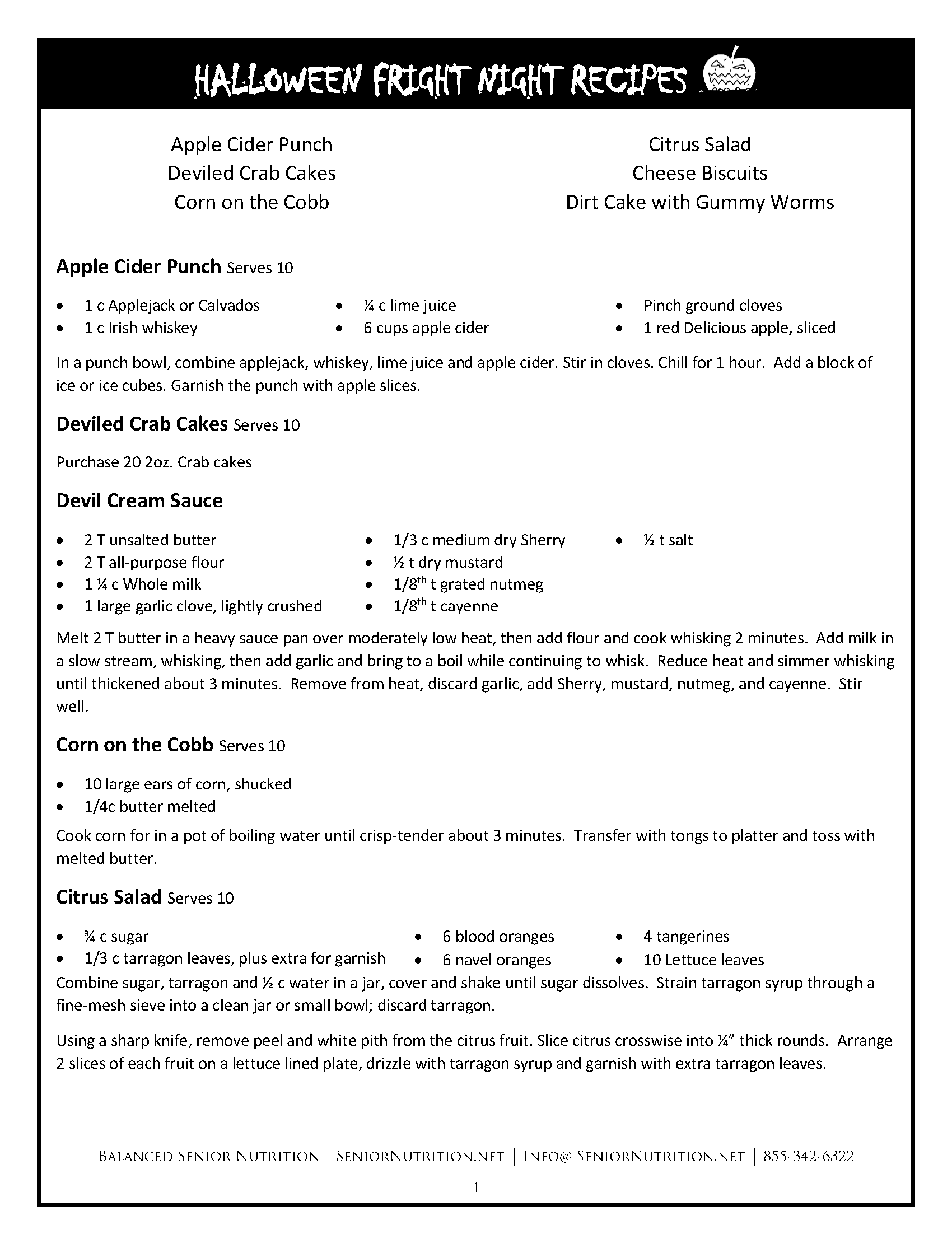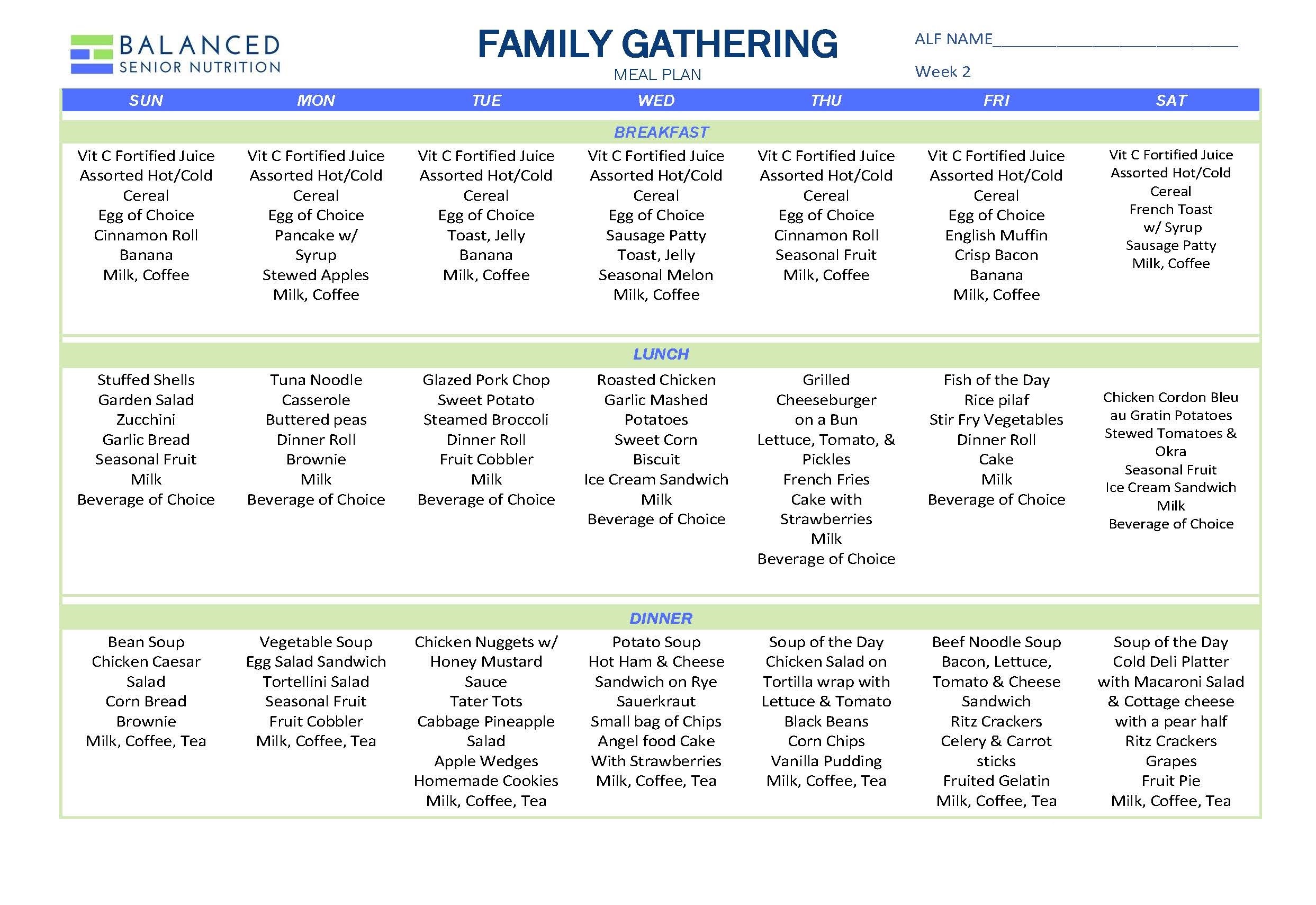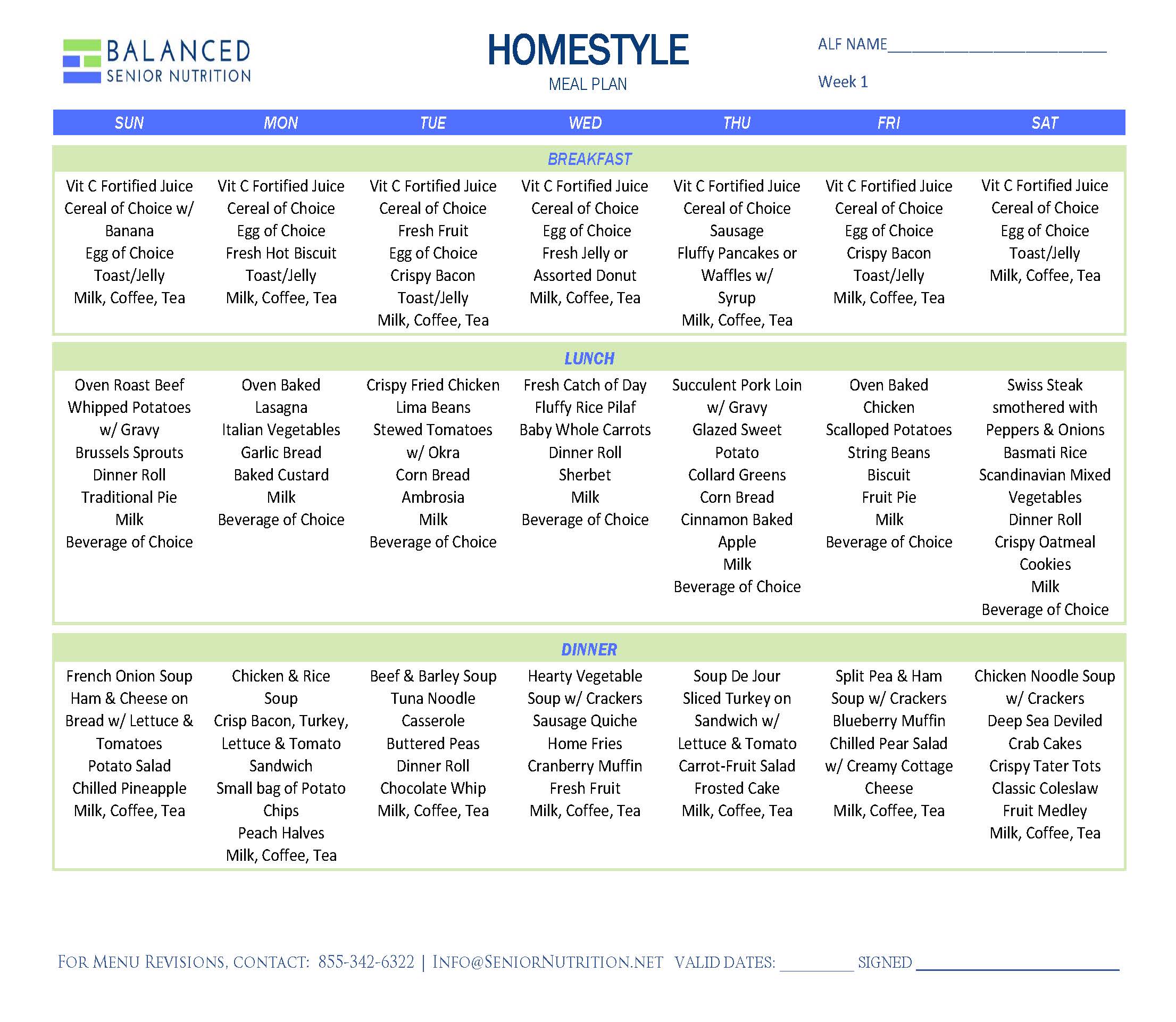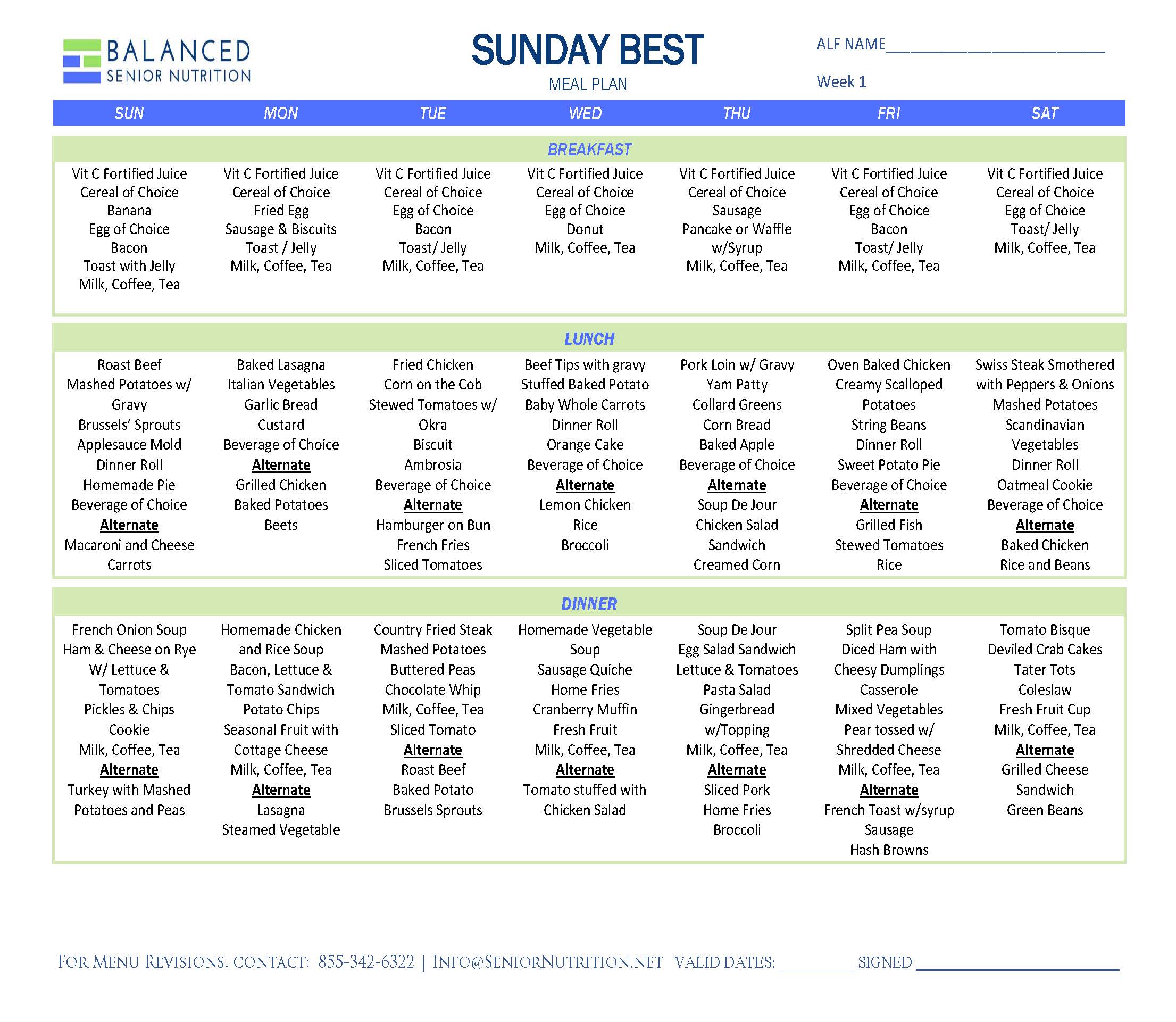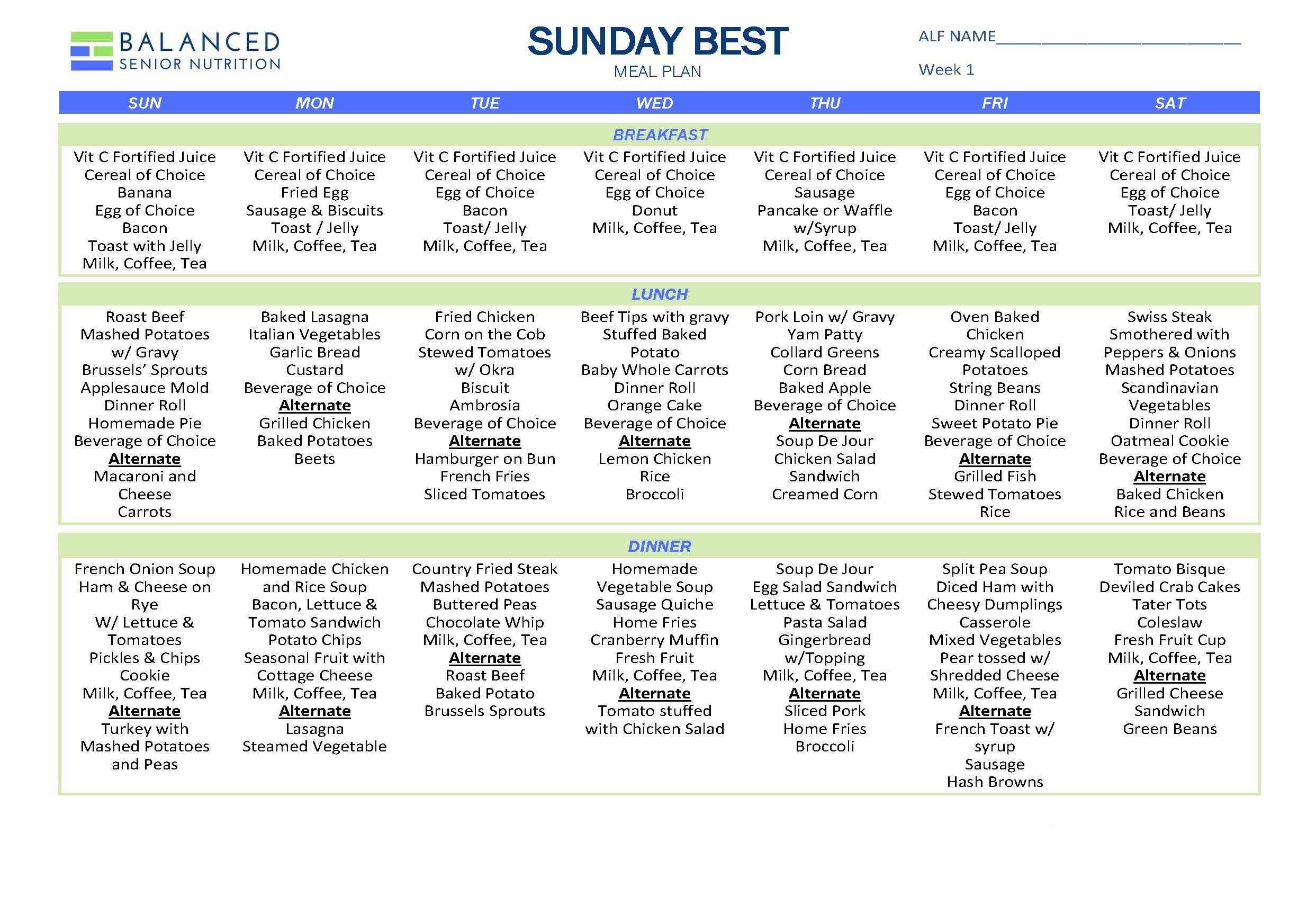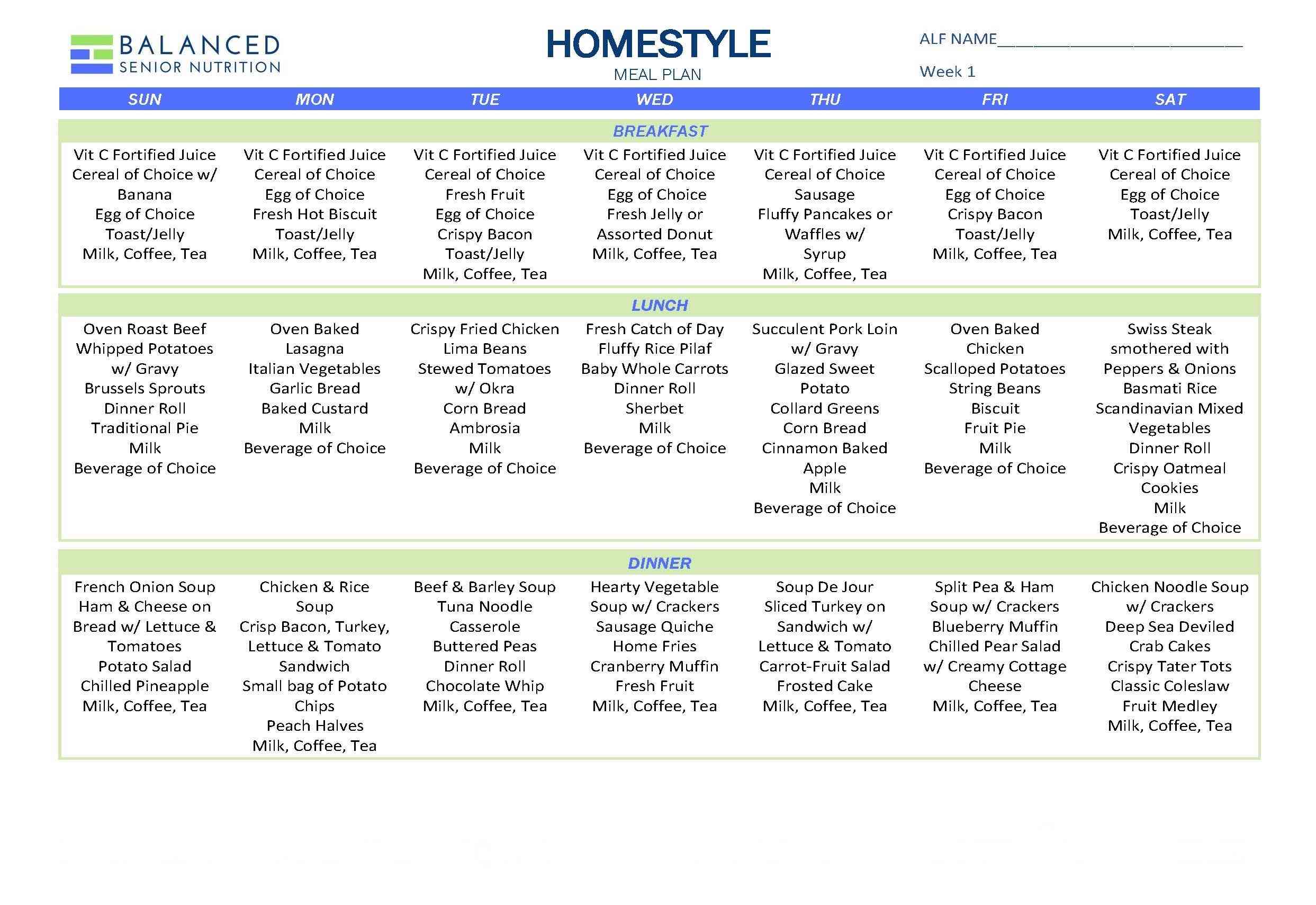
Let me introduce myself and what makes me do what I do. I began working with the elderly in the 1980’s and it was the love for my own aging grandmother that ignited my passion for balancing quality care with quality life. As a professional dietitian and nursing home administrator, it was my job to see that those for whom I was responsible received the best possible care to keep them safe and thriving for as long as possible. However, I soon recognized that receiving proper medicine, good food, and quality care were not enough for quality of life. Institutions could excel at providing quality care for our older citizens, but was that all there was? Was it truly in their best interest as a diabetic to not be allowed to eat the chocolate cake they loved? While it worked best for the staff to serve breakfast at 7:30 and keep all the food at the proper temperatures and free from cross-contamination, what about the residents who preferred to sleep in and have coffee and a donut at 10?
“How Was Your Day, Gram?”
I soon noticed that when someone was asked about their day, normally the answer included what they had for breakfast, lunch, or dinner. Meals are part of our social fabric, times of celebration and steeped with tradition. Food does not just feed and nourish the body, but also the soul and this does not change if a person must enter community living.
Following Regulations and Giving Choice?
The reforms in healthcare and improved outcome requirements as well as increased federal and state regulations linked to funding have restricted the options available for providing freedom of choice and home like atmospheres involved in senior care. Is it still possible to keep residents safe while offering them freedoms that they enjoyed earlier in their lives?
I believe it is and I will continue to address in future blogs how it is possible — step by step, issue by issue — to take on these challenges to both meet the requirements that pay the bills and the needs of older adults to maintain their integrity, independence, and freedom of choice for as long as possible.
It is all about choice. I am the Voice for Choice.
“National Nutrition Month® 2013 – the Academy of Nutrition and Dietetics encourages everyone to “Eat Right, Your Way, Every Day.”
This year marks the 40th anniversary of National Nutrition Month. This year’s theme emphasizes the advantages of developing a healthful eating plan that incorporates individual preferences. With this impetus from the Academy, I feel it is a great time to begin my call for choice for those who often lose that privilege.
A simple step you can take
One way to begin is to identify the preferences of your residents. There is a tool to download that will help you with this task. This form leads you to ask questions not only about specific foods, but dining times and habits and special needs. Getting to know what life was like for a person before they had to leave their home environment and enter your community will help you create an environment in which they will more likely thrive.
Until next time,
Diane Hall, RD, LD, NHA – “The Voice for Choice”
President/CEO BSN Solutions
Resource: www.PioneerNetwork.net
www.eatright.org (National Nutrition Month info)

